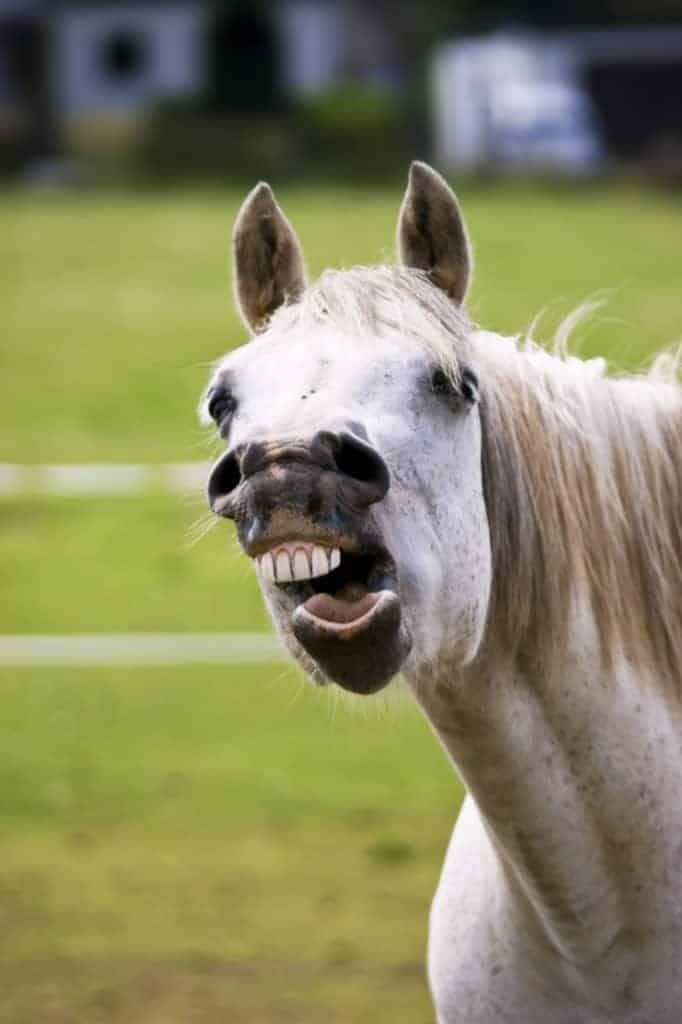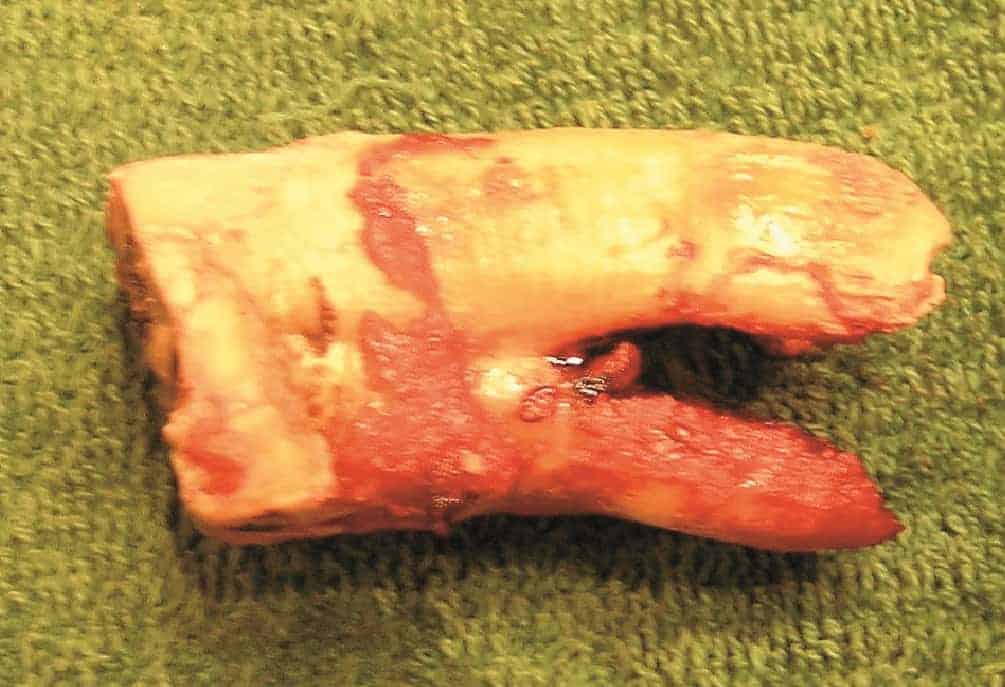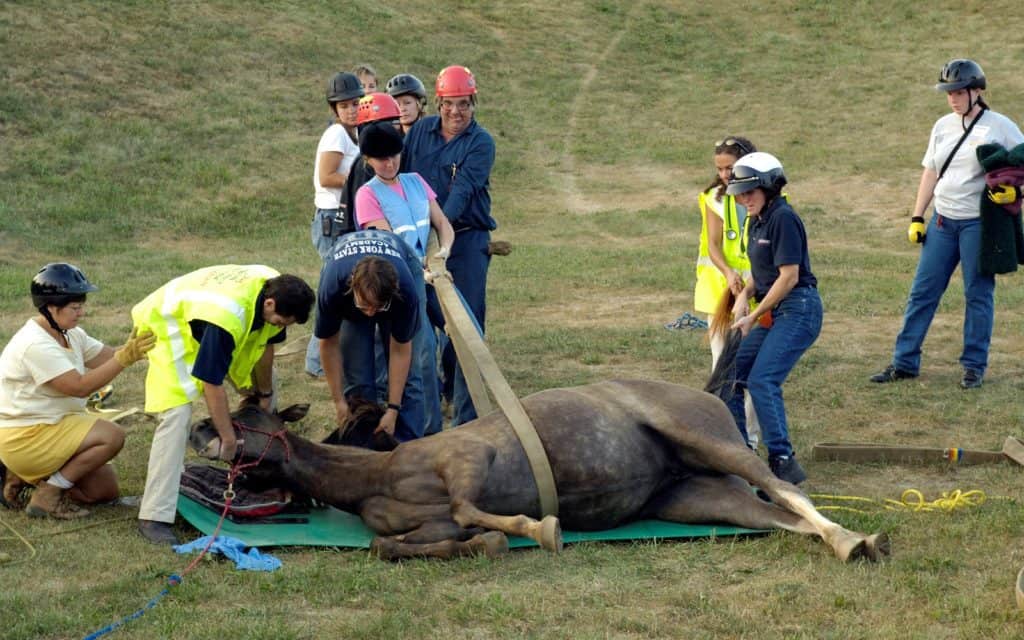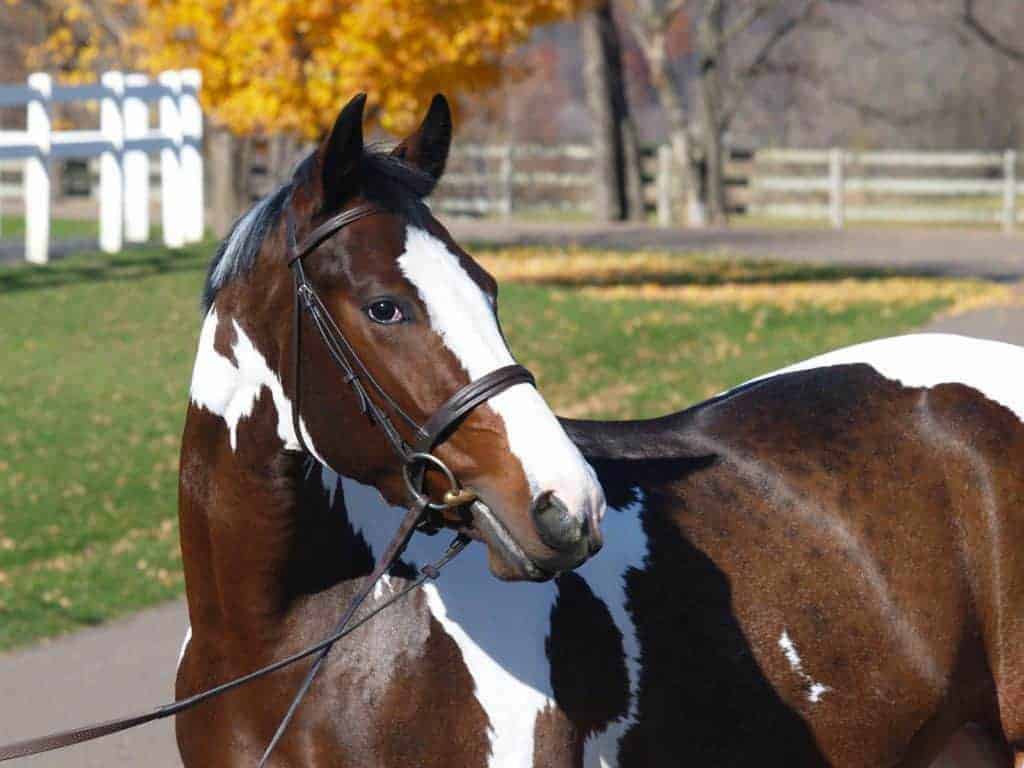
Equine Dental Care (AAEP Convention 2012)
Learn about tooth extraction complications and options veterinarians have for handling tooth extraction failures.

Learn about tooth extraction complications and options veterinarians have for handling tooth extraction failures.

Having a basic understanding of dental anatomy and terminology can help owners comprehend this complex topic.
The UC Davis Equine Medicine and Dentistry Service is now able to offer more advanced techniques.

Your horse’s fecal production and appearance can be an indicator of good or poor health.
A non-veterinarian dentist lost a bid to overturn a court ruling prohibiting her from floating teeth for pay.

Planning for potential dental extraction complications is essential to a successful procedure.
Jack Easley, DVM, MS, Dipl. ABVP, will present on equine dentistry at the networking meeting.

We’ve taken a few minutes to tally our most popular blog posts of 2012. Did your favorites make the list?
Horse owners are invited to a full day equine educational program focused on keeping your horse healthy.

A look at what it really costs to own a horse besides the initial purchase price.
Until recently, owners and vets considered equine dental floating the most important aspect of dental care.

Increased feed digestibility means greater conversion of feed to energy and–ideally–reduced feed bills.

When an equine athlete’s performance slumps, check the mouth, where numerous factors can cause problems.

Studies offer conflicting information in regard to whether bit seating is beneficial to bitted horses.

Caring for deciduous teeth in young horses requires additional considerations from a veterinary standpoint.
International dental groups are considering developing an equine veterinary dental specialty college.
Stay on top of the most recent Horse Health news with
"*" indicates required fields